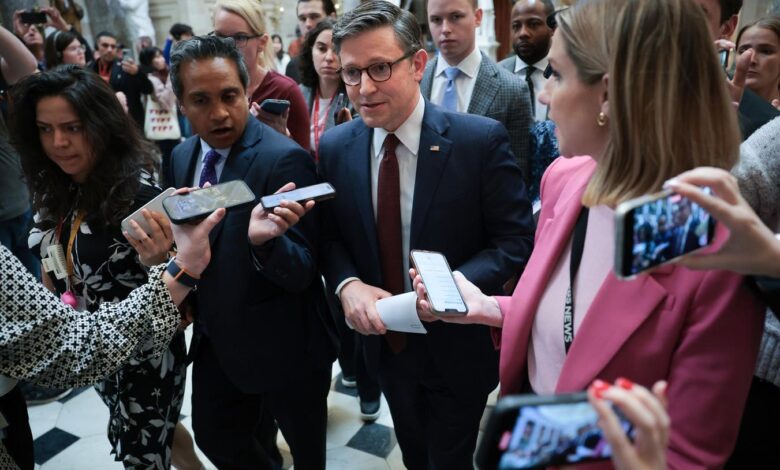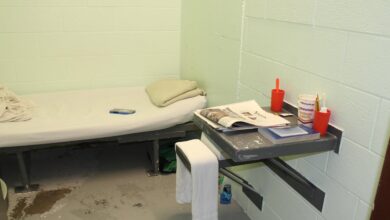Cuts in Medicaid And SNAP Spending Could Impact Economy

The United States economy is facing potential signs of a recession this year, with various factors contributing to this looming downturn. Recent mass layoffs in the federal government and proposed cuts to programs like Medicaid are adding to the economic uncertainty. A recent study by the Commonwealth Fund revealed that significant reductions in Medicaid and Supplemental Nutrition Assistance Program (SNAP) funding could result in the loss of one million jobs by 2026, impacting the overall economy.
House Republicans have passed a budget plan aiming to extend tax cuts and reduce healthcare spending by $880 billion. While there is conflicting information from Republican lawmakers and the Trump administration, it appears that Medicaid is a primary target for budget cuts. The proposed budget could save $1.9 trillion over the next decade.
Medicaid, established in 1965, provides health insurance for low-income individuals and covers critical services such as childbirth and nursing home care. Approximately 72 million people are currently enrolled in Medicaid, with around 27 million children benefiting from the program. SNAP, on the other hand, supports around 42 million low-income individuals and families with food resources.
The potential cuts to Medicaid and SNAP could have far-reaching consequences on healthcare providers, food suppliers, and the overall economy. Hospitals, nursing homes, and healthcare providers would face revenue losses, leading to job cuts and reduced services. The food industry would also suffer, impacting consumer spending and tax revenue for state and local governments.
The Affordable Care Act expanded Medicaid eligibility in 2014, providing coverage for nearly all adults with incomes up to 138% of the federal poverty level. States that implemented Medicaid expansion currently receive a 90% federal match rate. However, proposed cuts could lead to millions of people becoming uninsured, reversing the progress made by the ACA.
Economist John Maynard Keynes’ theory of government spending as a stimulus for the economy is relevant in this context. Cutting government spending on essential programs like Medicaid and SNAP could have a negative impact, leading to job losses, reduced GDP, and lower tax revenue.
The Commonwealth Fund study warns of severe economic consequences if the proposed cuts go through, including job losses, a decline in states’ GDP, and lost tax revenue. The House budget resolution calls for significant reductions in federal funding for programs under various committees, with Medicaid and SNAP likely facing the brunt of the cuts. The repercussions would be felt across industries, putting pressure on state budgets and exacerbating economic challenges.





